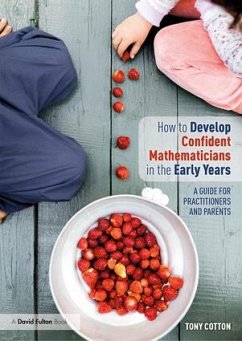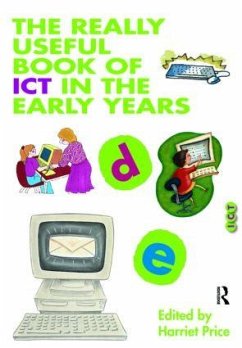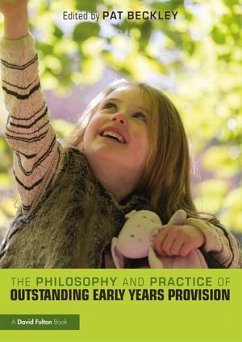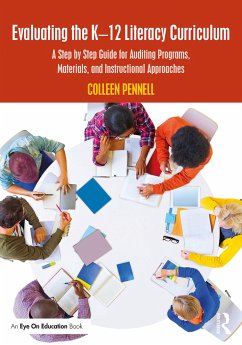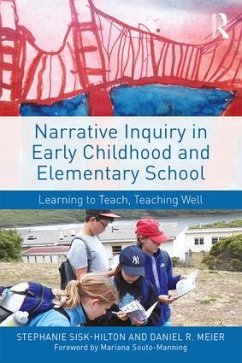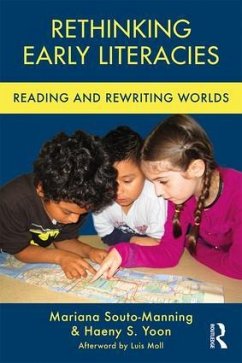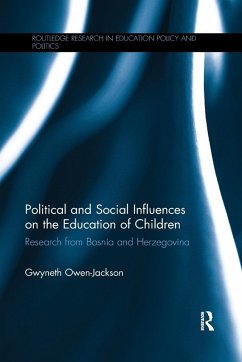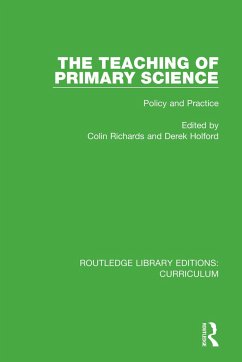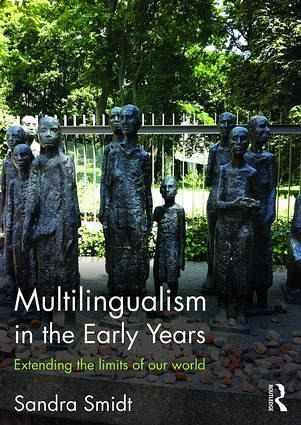
Multilingualism in the Early Years
Extending the limits of our world
Versandkostenfrei!
Versandfertig in 1-2 Wochen
60,99 €
inkl. MwSt.
Weitere Ausgaben:

PAYBACK Punkte
30 °P sammeln!
Multilingualism in the Early Years is a highly accessible text that examines the political, theoretical, ideological and practical issues involved in the education of children speaking two or more languages. Drawing on current research and thinking about the advantages and disadvantages of being multilingual, Smidt uses powerful case studies to reveal how language or languages are acquired. She explores language in terms of who shares it, its relationship to class, culture, power, identity and thinking, and its fascinating role as it moves from the personal to the public and political. More sp...
Multilingualism in the Early Years is a highly accessible text that examines the political, theoretical, ideological and practical issues involved in the education of children speaking two or more languages. Drawing on current research and thinking about the advantages and disadvantages of being multilingual, Smidt uses powerful case studies to reveal how language or languages are acquired. She explores language in terms of who shares it, its relationship to class, culture, power, identity and thinking, and its fascinating role as it moves from the personal to the public and political. More specifically the book studies: what it means to be bilingual through an analysis of the language histories submitted by a range of people; how language/s define people; a brief history of minority education in the UK; how practitioners and teachers can best support all young children as learners whilst they continue to use their first languages and remain part of and partners in their communities and cultures; being bilingual: an advantage or a disadvantage? the impact of multilingualism on children's educational and life chances.¿ Multilingualism in the Early Years is a really useful text for practitioners working with multilingual children, as well as any student undertaking courses in early childhood education.





